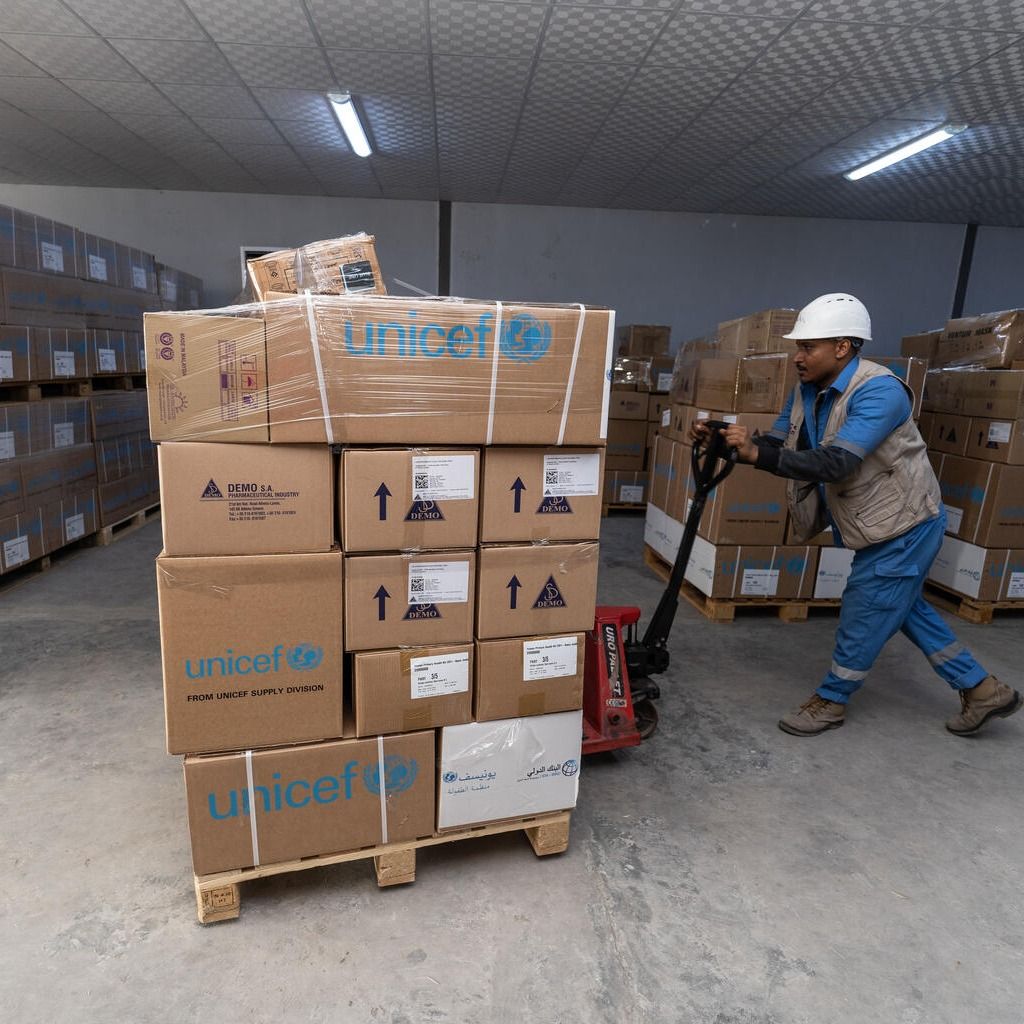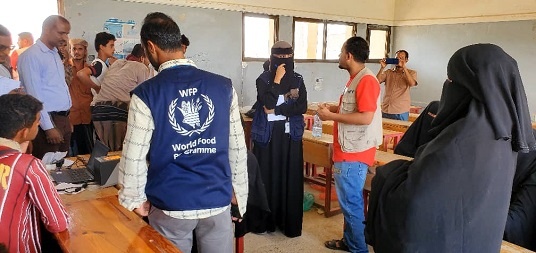Khabar Khair (Only Good News) – Ruqiyah Danana
The private sector in Yemen operates at its full production capacity, and is making double efforts to keep providing services to the citizens and their needs. The private sector in Yemen is a supportive sector for the national economy, especially in light of the current circumstances that Yemen is going through.
The private sector in Yemen provides hundreds of thousands of jobs for Yemenis, as it is a point of light amid the darkness of the collapse of the currency, lack of job opportunities and jobs, spread of unemployment and absence of foreign investments.
The private sector in Yemen has suffered great damage as a result of the conflict, especially that the infrastructure of some large industrial facilities has been destroyed. However, they did not stop working and producing, but continued to work, and created alternatives that enabled them to continue with all the difficulties they faced during this period.
Many economic experts in Yemen rely on the pivotal role of the private sector in the current period, as it serves the national economy and contributes to its stability. All the goods and necessary materials for the citizen are imported through the private sector in the complete absence of the responsible authorities.
The private sector supports the Yemeni economy
The private sector plays a key role in light of the crisis that Yemen is witnessing, as it worked with all responsibility to secure the basic commodities and supply market requirements by continuing to import the basic commodities, supplying the economy and ensuring that it does not collapse completely with all the challenges it faces. It also works to cover the gap that it caused by the parties to the conflict.
Sadiq Abdel Rahim Salah (an official at the Ministry of Industry and Trade) believes that “the private sector is the leading sector that plays its role in the commercial and industrial field, and this is consistent with the role of the state at the present time, which is nothing more than a supervisory and oversight”.
The undersecretary of the Ministry of Industry and Trade said, “The continuation of the conflict contributed to the weakening of the national economy, which resulted capital outflows, the suspension of the productive sectors of the international currency, the decline in exports and the weakness of investment. The role of the private sector was not limited to providing the basic commodities and ensuring their flow, but rather had a great role in providing the services and working to provide the oil derivatives under the suspension of the producing companies.
He explained, “During the three years, the ministry was based on procedures and steps to establish requests for the partnership and limited companies, which number during 2018-2020 AD was 108 limited companies and 147 partnership companies, while the number of closed joint-stock companies reached 8 companies.
.
Despite the challenges facing it, the private sector in Yemen is witnessing an openness to the international market, as Yemen is a signatory to international trade agreements that have made a number of the successful merchants at the local and foreign levels, and made them a new outlet for pumping the foreign currency into the local market, and maintaining, even partially, on the national economy from collapsing by supplying the central bank with the foreign currency.
Fears of collapse
The World Bank indicated in its report issued in April 2021 AD that non-oil economic activity in Yemen has deteriorated significantly, which has caused a trade deficit in line with the emergence of the Corona pandemic.
As a result of the great shortage of the foreign currency in the Central Bank and the weakness of the riyal against the dollar, in addition to the turmoil related to the Corona pandemic, an exacerbation of the problems experienced by the citizen and an increase in the national cost of survivable food commodities by 4% per month and 30% annually resulted.
The report stressed that the increasing violence and fragmentation of macroeconomic policies added more pressures to the fragile economic conditions and put the population at risk of starvation in 2021.
However, the traders in the private sector are trying to find solutions that address the crises that plague the economic sector.
The businessman Gamal Balfakih (Director of Balfakih Computer Company) asserts, “The private sector helped provide the basic commodities to maintain the strategic stock, with all the challenges it faces, whether by increasing the insurance of goods or the pricing of transportation”.
He added, “We are trying to provide the goods to the consumer with the latest technologies at reasonable prices, so making the most of the private sector can build a package of the economic projects that are built on the basis of a partnership between the public and private sectors, where the private sector will contribute to pumping the hard currency, which will relatively help in the recovery of the public economy and the revival of stagnant state”.

















LEAVE A COMMENT